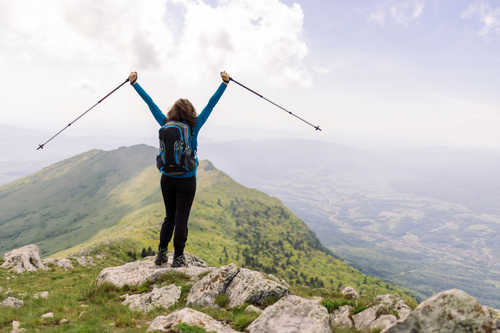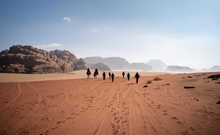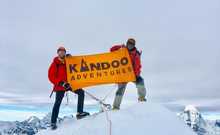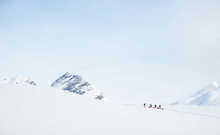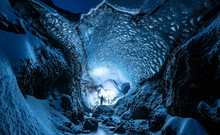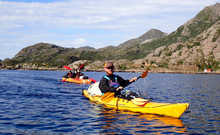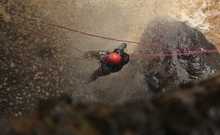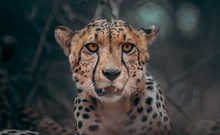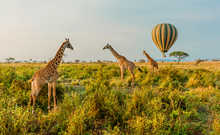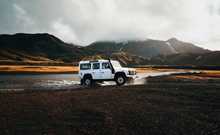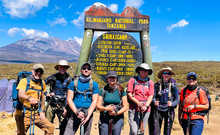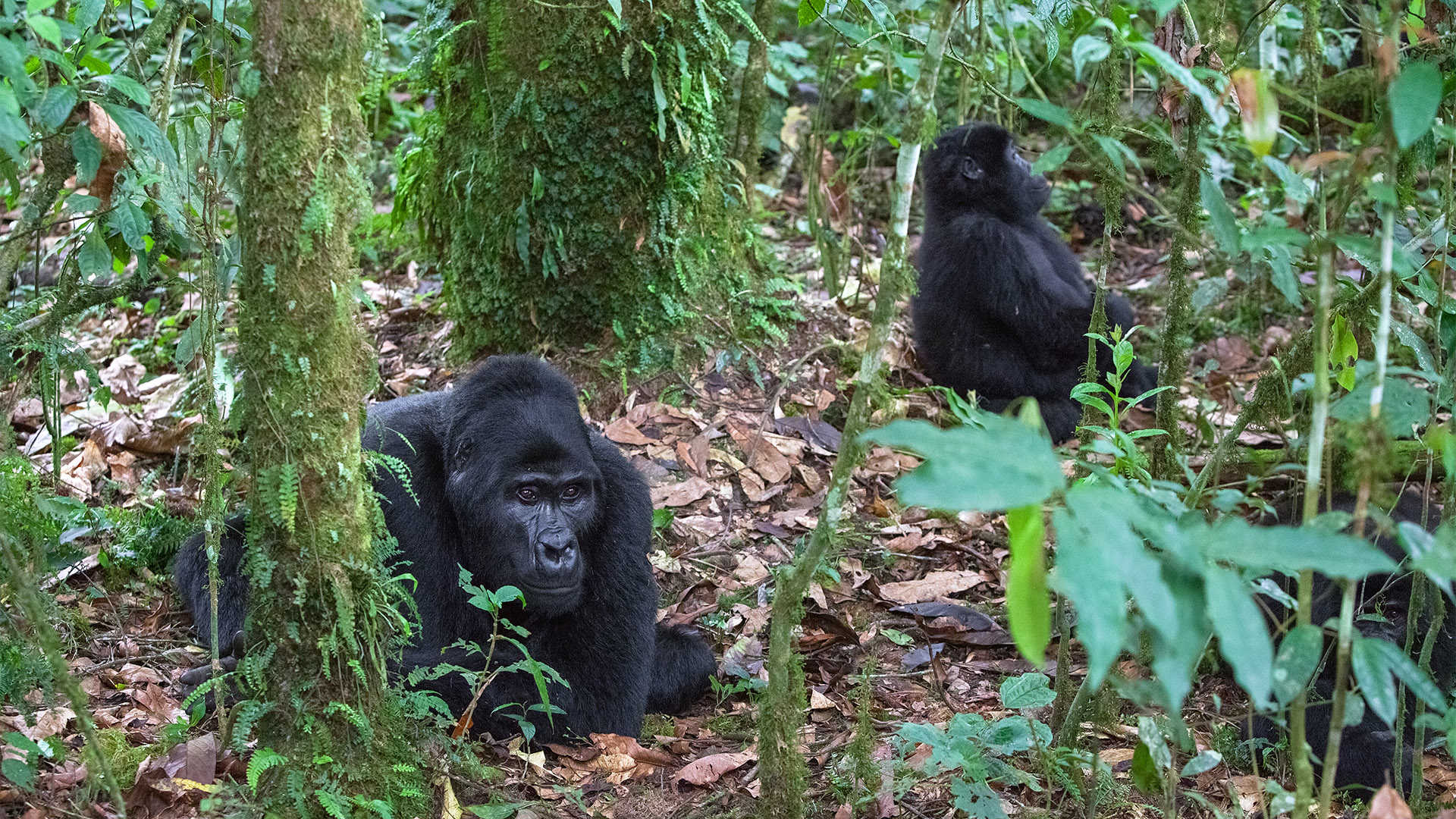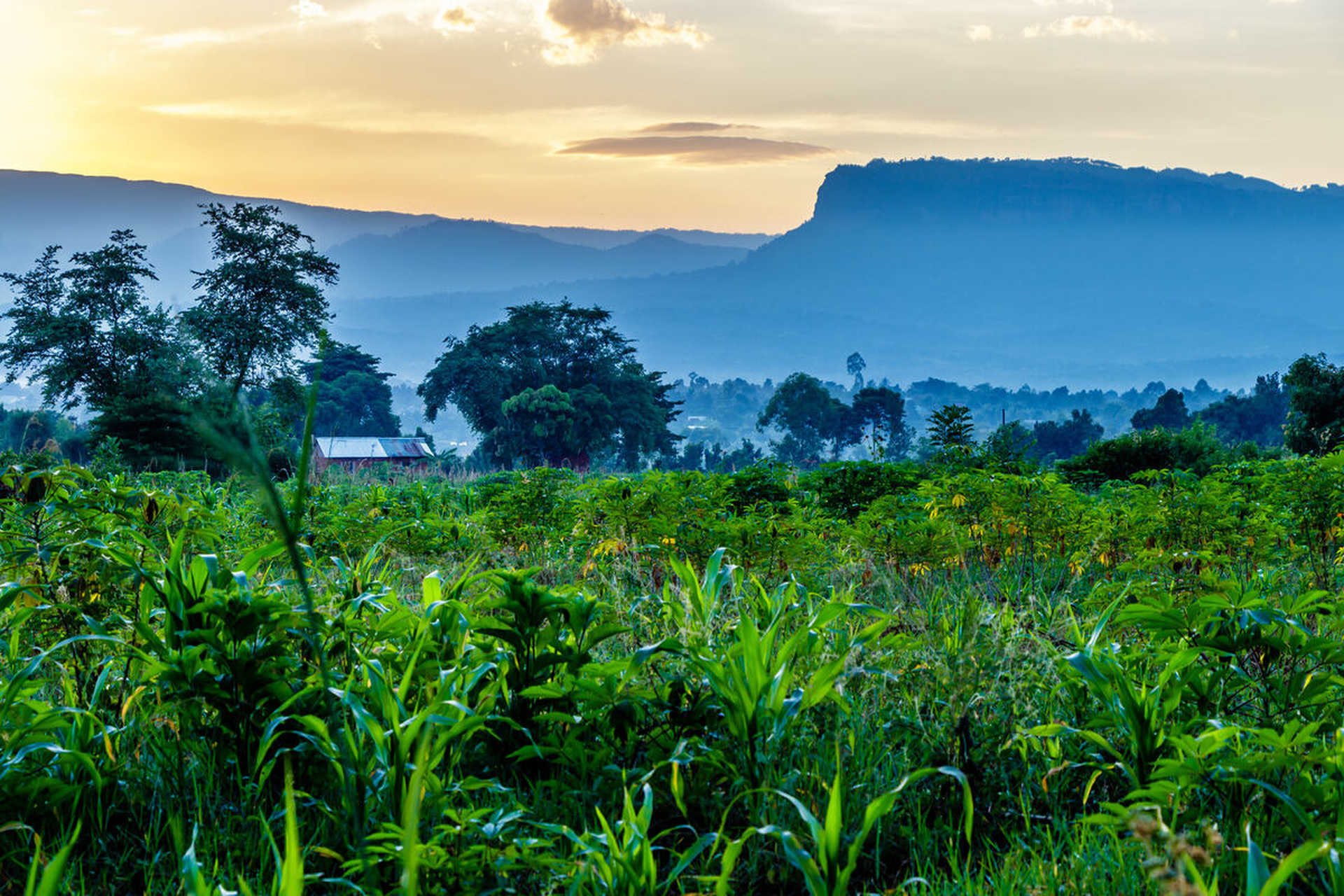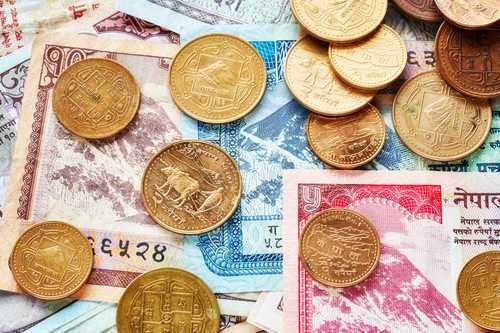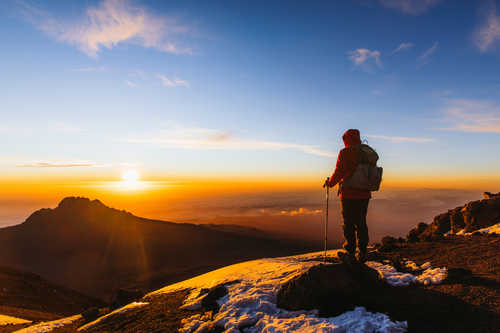Uganda sit on the equator line, with the country's climate differing between the areas that sit in the tropics and those that lie outside of it. It is a land locked country bordered by the Democratic Republic of Congo, Rwanda, Kenya, Tanzania and South Sudan. The south of the country is covered by Lake Victoria, the largest lake in Africa. To the west lie the Rwenzori Mountains or "Mountains of the Moon" in which can be found the peaks of Mount Stanley, Mount Speke and Mount Baker - this is one of few places on earth where you can find glaciers on the equator. The east is much flatter, with smaller escarpments such as Mount Elgon breaking up the low profile of the land.
Uganda is known for it's widely diverse ecosystems, living in 10 national parks and protected by 12 wildlife reserves. From the chimpanzees in Kibale Forest, to the tree-climbing lions of the Ishasha region, the gorillas of Bwindi Impenetrable to the dazzles of zebra in Lake Mburo, the moist climate and warm temperatures provide the perfect conditions for these animals to thrive.
